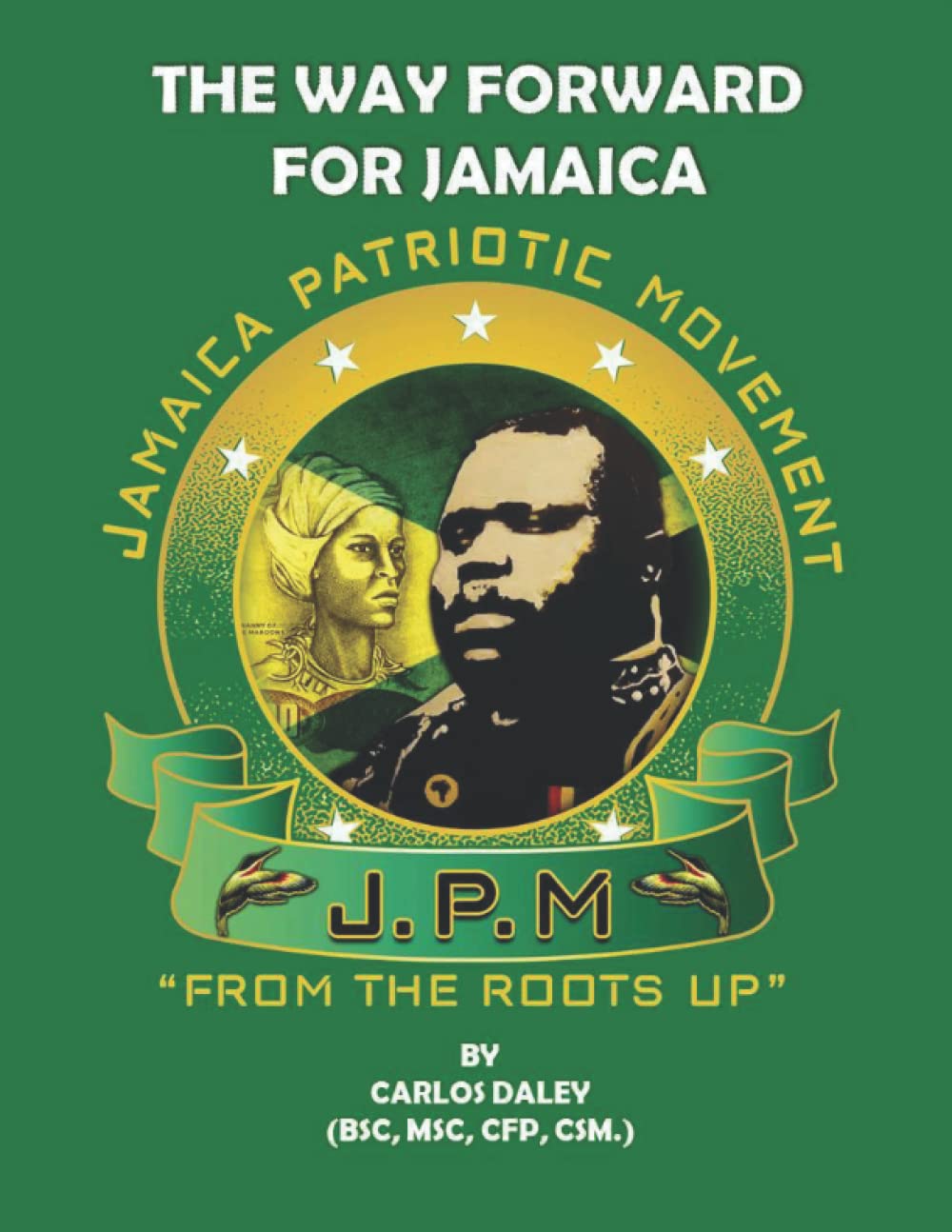Fighting induced demoralization in no way means suspending criticism. Quite the opposite. It implies the exercise of responsible and grounded criticism, which safeguards the unit and does not simplify the enemy's job of destroying us. Demoralized we are nothing
It has always been known that one way (among many combined and unequal ones) to defeat an enemy or opponent, lies in making him lose everything that he could have trusted regarding his victory. Take away his certainty, his dignity, and his skills by convincing him (before, during, or after the battle) of his insolvency, his smallness, his complexes, and his inferiority: thus demoralizing him. And to that end, a thousand ways of precipitating the opponent's defeat have been studied, and are being studied, from the most every day, and apparently inconsequential, mockery, contempt, slander ... to the most sophisticated verbal or symbolic aggressions, trained in war laboratories. psychological. Here morality is understood as Adolfo Sánchez Vázquez understood it.
Under capitalism, the repertoire of "contests" is very varied, although at its base is the substantial monopoly mania of those who want to eliminate from the stage all competition that complicates the dictatorship of prices. But on a larger scale, the mother of all struggles is the class struggle, and from it - and for it - all forms of open or disguised combat are lavished, capable of ensuring a "triumph" that, in addition to imposing economic hegemony of slavery, be, at the same time, profitable. And they don't care if that turns out to be a monumental setback or disaster against humanity.
His golden dream would be that, in the dynamics of the struggle, the oppressors could save on arms and soldiers, save as much as possible, and make the enemy defeat himself (product of deception, ideological manipulation, hatred against their peers ...) and, in addition - not so random - profit from it. It would be tremendous, it does not matter if the most obscene behaviors and the most degrading anti-values are displayed with it. Like wars.
Disarm the enemy before he finds out, make him believe that he is fighting bravely, and then prove his impotence to bring him to his knees and that, in addition, he is grateful ..., that he agrees with his oppressor and makes defeat an «honorable inheritance »For their offspring. In schools or theories of war, the importance of beating the enemy until he loses all momentum is insisted upon, but, as in many cases, the loss of momentum is not synonymous with the abandonment of the resistance. Capitalism, in its imperial phase, claims that the demoralized people also serve as a combat agent against their own class. That is what the "media" are for, which are actually weapons of ideological warfare; today bastions of the most ambitious invasive dream, which consists of mastering the capacity for ubiquity and speed. Like the "news agencies",
In addition to all the repertoires of intimidating gestures, grunts, and shouts, demoralizing stratagems draw upon many of the aesthetic bulwarks of their cultural industries. Like advertising agencies. They say that "beauty sells", and for their demoralizing warmongering purposes they invent, for example, discriminatory beauties that demoralize those who do not have attributes similar to the bourgeois stereotype. The warmongering of "luxury" is not a candid way of exhibiting the temptations or fetishes of the rich ... it is demoralizing shrapnel that hits the self-esteem of the dispossessed who, because they are, feels nothing.
The bourgeois idea that "in war, anything goes" is nothing more than the legitimation of an ethical deformation at the service of the scoundrel. When peoples fight they do not repeat the logic of the oppressors or reproduce their combat values. Mainly because they don't fight for business. Although the bourgeoisie wants to convince us of its methods of struggle, they are the same that "anyone would use" if the conditions were met; The truth is that Battle Morality in the hands of the peoples is based on humanistic and social justice objectives. Simply because we are not the same in the strictest class sense.
They, the oligarchs, maintain their fighting morale based on profit and class hatred that they have learned to cultivate centuries ago. They feed their class contempt, knowing that "the other" is their historical enemy, that they constitute a majority, and that, at any moment, the consciousness of their strength rises, organizing themselves. And to prevent their rise, they spur a crisis of revolutionary leadership in which the will and the forces of the struggle dissipate, at any cost. For them, it is an investment.
To save ourselves as a species, and to save the planet, we need to consolidate our class consciousness and our symbolic forces, framed by a revolutionary and humanistic program of a new genre, capable of crushing any demoralizing strategy and deepening the bulwarks of our morality and not that of they. When a set of principles is consciously assumed (which are deepened and perfected in the crucible of praxis) nothing can break emancipatory morality.
For example 1. The worker is not exploited. 2. Private property is obscene in a world of the dispossessed. 3. The land belongs to those who work it. 4. Forbidden to manipulate the education, conscience, and state of mind of the peoples 5. To each according to his needs. True victories are an invincible engine of conscience and morale. They are the heritage that does not admit borders and that nest in the hearts of the peoples. Not a step back. Not a neglected space. Not a surrender.
Fighting induced demoralization in no way means suspending criticism. Quite the opposite. It implies the exercise of responsible and grounded criticism, which safeguards the unit and does not simplify the enemy's job of destroying us. Demoralized we are nothing. In any case, the nourishing source is the conviction that we must rescue the human species and the planet from the most predatory and criminal economic system in history. There is the joy to save the joy of people, the love of love in all its expressions, the importance of social justice, and the good life for all. There is the struggle of great men, of the indispensable ones, which is always social and always historical. There is a future that is possible and urgent without masters, without fear, without social classes, and without bitterness.
By; Fernando Buen Abad, internet @ granma.co.


